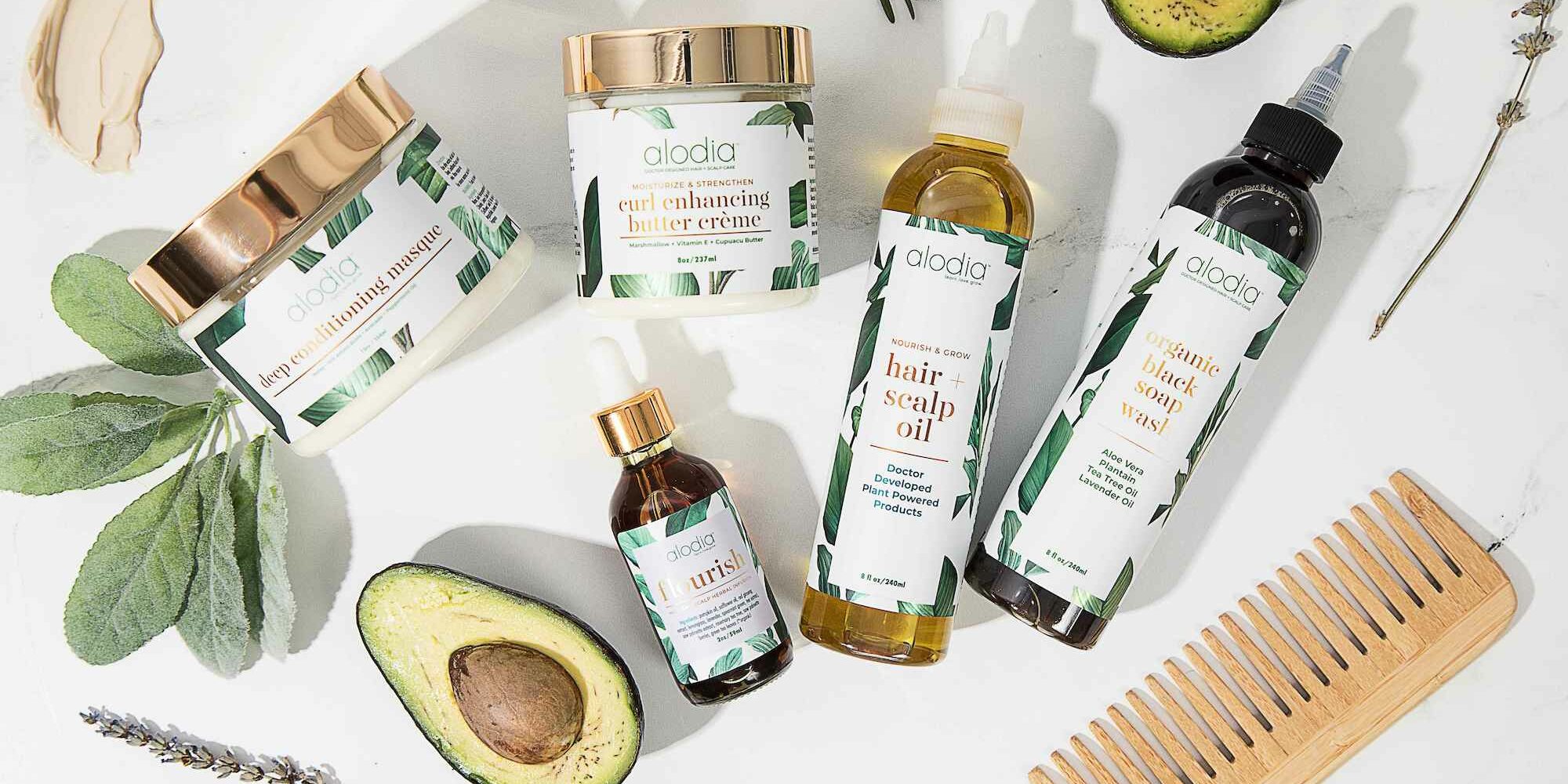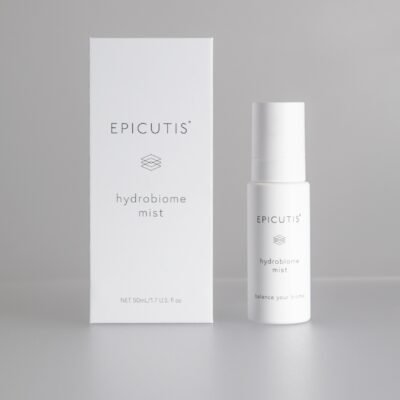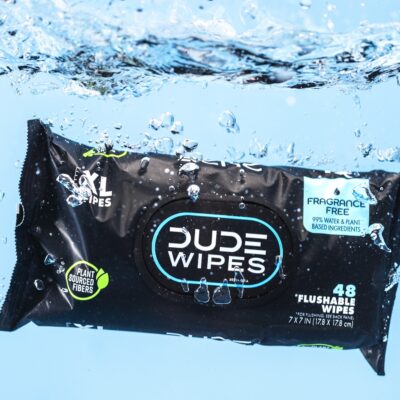
Black-Owned Haircare Brand Alodia Raises $2M From New Voices Fund
Alodia has raised $2 million from Shea Moisture founder Richelieu Dennis’s New Voices Fund.
After entering Target in February, the Black-owned haircare brand has upped its door count at the big-box retailer from about 300 to 500. It will use the funding, which is its first institutional capital, to further heighten its Target presence, break into additional retailers and ramp up its Amazon business.
Husband-and-wife team Isfahan Chambers-Harris and Rashad DuPree Harris founded Alodia in 2017. A trichologist, she holds a doctorate in biomedical sciences, and he’s a doctor specializing in hospital medicine. They tapped their medical bona fides to develop Alodia’s range consisting of 10 hair and scalp care products retailing for $15 to $20.
“We’re extremely passionate about using our science expertise in our products,” says Chambers-Harris. “We find that a lot of our customers not only have styling problems, but also problems with their scalp. Our products and the products that we’re thinking of launching are going to help remedy those chronic scalp conditions that they’re experiencing like genetic alopecia.”
The scientific approach has helped Alodia stand out on Target’s shelves. Chambers-Harris says it’s the only brand sold in Target’s multicultural aisle with clinically proven products. “We lean into that so that people that are having these chronic scalp conditions look at our packaging and are more inclined to give it a shot,” she elaborates.
Prior to rolling out at Target, Alodia started at independent retailers and e-tailers like BLK + GRN and Brown Beauty Co-op. Both BLK + GRN and Brown Beauty Co-op are based in the Washington, D.C., area, and Alodia is headquartered in the city.

It took a full year for Alodia to prep for Target and getting into the chain was a strain on its resources. “It’s very expensive,” says Chambers-Harris. “We got to a point where we used up all of our savings. We were reinvesting revenue back into the business and taking out savings and getting loans from our family. When we tapped that out, I said I have to go for investment.”
Alodia turned to pitch competitions to supplement its revenues. In 2021, it competed in Pharrell Williams’ Black Ambition Competition and was one of the top prize winners, pulling in around $250,000. Those funds that were allocated to Alodia’s Target debut. “Without that, it would’ve been extremely difficult,” says Chambers-Harris.
Chambers-Harris is a vocal proponent of pitch competitions. She believes they’re perfect test runs for fundraising, and money from pitch competitions doesn’t usually come with strings attached.
“The confidence that you need to pitch your company to investment firms, you get that confidence through the pitch competitions,” she says. “On top of that, most of the time it’s non-dilutive capital. You’re able to get $10,000, $50,000, $100,000, and you’re not diluting your company. So, you can grow, and when it is time to pitch for investment, you have more leverage.”




